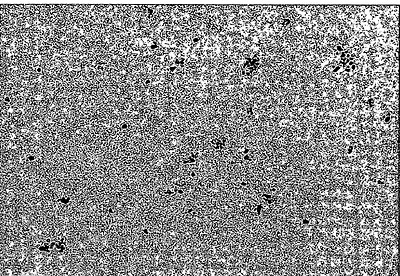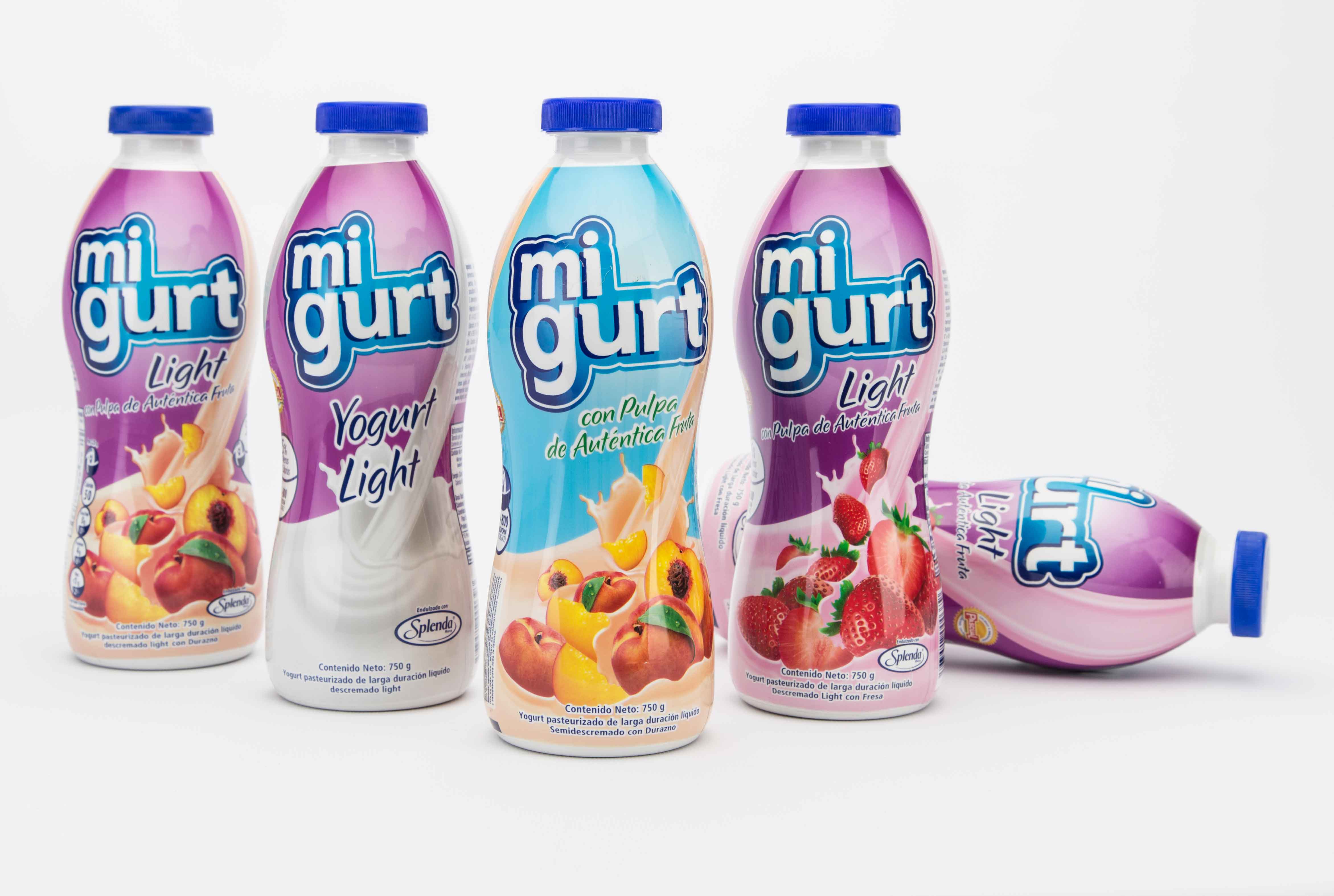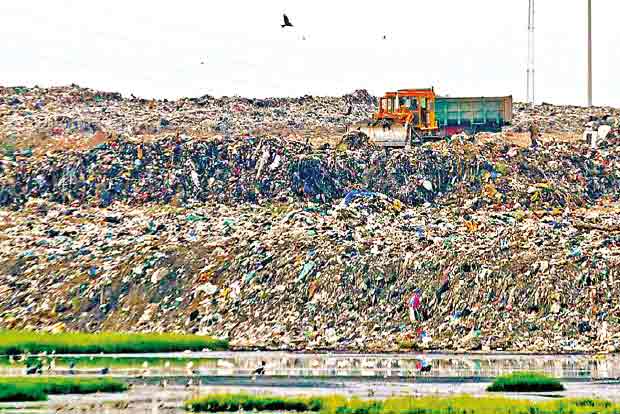New York, Nov. 19, 2020 (GLOBE NEWSWIRE) — Reportlinker.com announces the release of the report “Global Plastic Recycling Industry” – https://www.reportlinker.com/p05896556/?utm_source=GNW
1% in the year 2020 and will thereafter recover to grow and reach US$50.4 billion by the year 2027, trailing a post COVID-19 CAGR of 6.2% over the analysis period 2020 through 2027. With the pandemic showing no signs of receding, single use plastic consumption is skyrocketing as the world tries to slow the spread of infections via disposables. Increased use of single-use plastic based medical, commercial, households, industrial & food disposables products is exacerbating the scourge of plastic pollution. Demand for polymers polypropylene, polyethylene, and PET in packaging of takeout food and in medical equipment (N-95 masks), in Tyvek protective suits, and in medical face shields and plastic water bottles (single use) respectively have surged due to the pandemic. There has also been an increase in hazardous waste from healthcare facilities, and plastic waste and municipal solid waste from households, with restaurants only offering take-out food and customers hoarding bottled water and groceries, and medical centers increasingly using personal protective equipment. The scenario is estimated to result in generation of staggering amount of plastic waste. For instance, hospitals across Wuhan generated over 240 tons of the waste per day during the peak of COVID-19, which is notably higher than 40 tons per day during normal times. In addition, the US is estimated to produce a year’s worth of the medical waste within two months. The situation is further compounded by exponential surge in production and disposal of masks and PPE along with increasing surge in home delivery of food.
Illegal plastic waste disposal has risen by 280% worldwide during the pandemic. While various countries have banned single-use plastic and implemented taxes for curbing consumption, COVID-19 is threatening to stall or even reverse the process. Disruption in waste collections, labor shortages amid social distancing challenges & lower focus on environment have impacted the recycling business. While the pandemic has raised consumption of plastic products, recycling rates have not grown in tandem with the increase in demand. On the contrary, some programs have witnessed decline in collection rates, compared to pre-COVID-19 collection rates. In addition, many recyclers are not operating at full capacity due to social distancing norms, thereby affecting the plastic recycling activities. European countries, which boast of some of the most developed recycling programs in the world, have been witnessing reduction in collection of consumer generated plastic waste. For instance, plastic collection at deposit return scheme centers in Germany have been falling even though consumer purchases of plastic packaged products has increased. In addition, uncertainties over cross order movement within the European Union affected the plastic recycling industry. Germany imports large quantities of plastic waste from countries such as France, Italy and the Netherlands; and also exports substantial amounts of recycled plastic to other countries within the European Union. The uncertainties over cross border movement affected both imports and exports, affecting the supply chain.
Majority of the recycling programs around the world are run by regional or local municipal authorities. As the COVID-19 pandemic has disrupted economic activity across the world, funding for recycling programs could be a low priority for municipal authorities as they grapple with lower revenues and cash conservation takes precedence over capital expenditures. The economic recession in 2008 and 2009 resulted in municipal authorities curtailing capital expenditures, and reached the pre-crisis levels after many years. Similarly, the current economic situation is also leading to lower spending on plastic recycling infrastructure, leading to slower growth of the market in future. European countries are better positioned as government mandates for increasing recycling rates by 2025 provide the necessary legislative inducement to propel investment in infrastructure. Moreover, disruptions in waste management services and increasing volumes of waste ending in landfills across countries is expected to deteriorate the situation. The scenario calls for proactive efforts by governments along with participants across the plastic value chain to reduce plastic waste. These endeavors are expected to support various sustainable development objectives intended to reduce waste generation through suitable approaches along with improper disposal of plastic waste.








